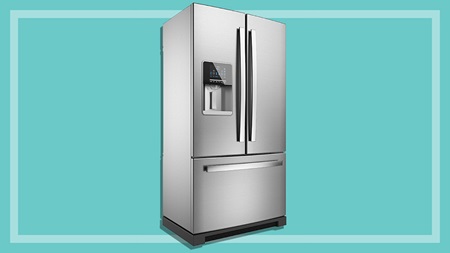Get our independent lab tests, expert reviews and honest advice.
Five surprising things you didn’t know you could recycle
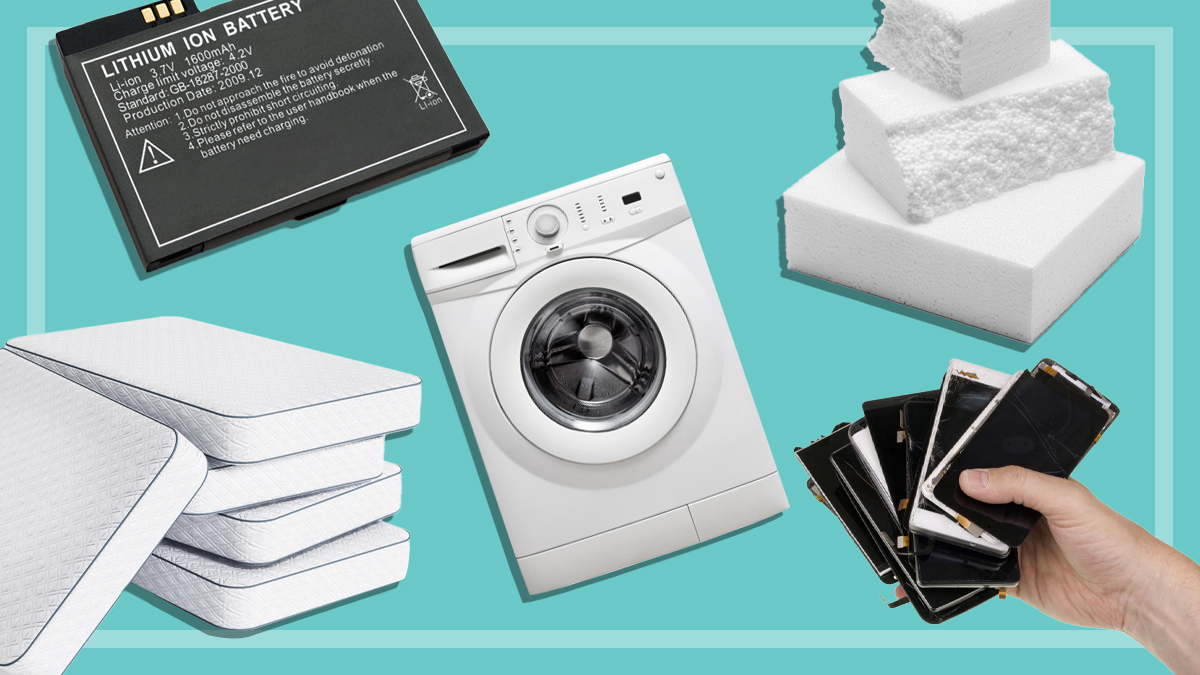
Need to know
- There are a range of services available that can sustainably dispose of items that you can't put in your kerbside recycling bin
- Common items such as batteries, whitegoods and polystyrene can often be recycled in this way
- While they're not all available nationwide, it's easy to find out which services are available in your area
On this page:
- 1. Lithium batteries
- 2. Electronics
- 3. Whitegoods
- 4. Mattresses
- 5. Polystyrene
- Can I still recycle soft plastics?
- Things you might think you can recycle, but can't
Recycling has been a routine for many Australian households for over 20 years, but not everyone is using the system as much as they could be.
In a 2020 study, Monash University found that while just over half of Victorian households had taken advantage of return to store recycling schemes, fewer had used council programs, drop-off events or post-back services to get difficult items recycled.
These services aren’t available everywhere in Australia, but they may be more accessible than you think
Granted, these services often aren’t available everywhere in Australia, but they may be more accessible than you think.
There are an increasing number of options available for arranging a more sustainable send-off for common items you might have thought were only ever destined for landfill.
If you’re looking to dispose of one of the items listed below and there isn’t a program available near you, it’s best to put it in your general household rubbish bin, as putting any of them in your recycling bin can actually contaminate the recycling stream.
1. Lithium batteries
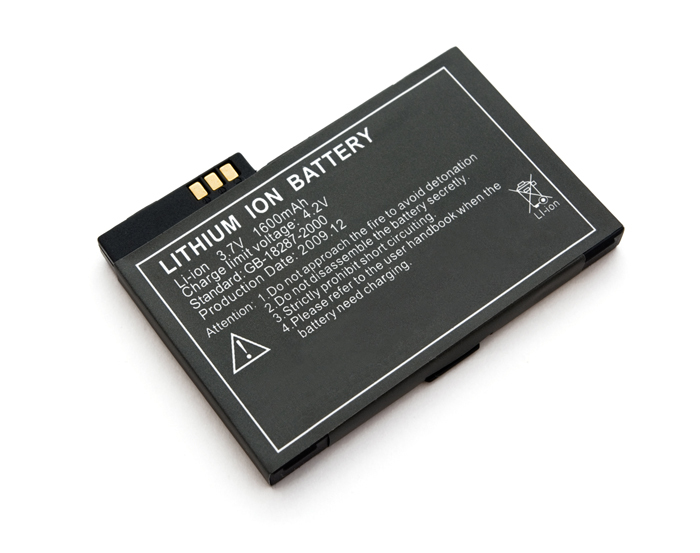
Rechargeable lithium ion (Li-ion) batteries are increasingly finding their way into our lives and they’re no longer just powering our devices, but also our bikes, scooters and cars.
It’s estimated that each Australian home will hold an average of 33 lithium-powered devices by 2026.
Like other batteries, these shouldn’t go in the bin when they die, mainly because they can cause fires when damaged, but also because they contain chemicals that can contaminate the environment when left in landfill.
They also hold many useful (and finite) resources that can be reused.
If you’ve got a lithium battery you need to dispose of, recycling services are readily available.
You can drop small, handheld lithium batteries (the type found in phones and smart wearables) into dedicated bins at Woolworths and Aldi stores.
Lithium batteries shouldn’t go in the bin when they die, mainly because they can cause fires when damaged
Officeworks also accepts small batteries, as well as larger batteries from laptops, while shoppers at Bunnings can drop off unwanted lithium power tool batteries.
All four of these outlets also accept other types of household batteries, but none of them accept larger lithium units, like those used on e-bikes and scooters.
If you have a large lithium battery you need to dispose of, look for a service near you by searching via Planet Ark’s Recycling Near You database or B-cycle.
When dropping off any sort of battery, it’s a good idea to put sticky tape over the terminals. These are protruding points that serve as the electrical connection point of the battery.
For more information on how to do this, see Planet Ark’s battery recycling guide.
2. Electronics
Computers, smartphones and other electronic appliances are now coming in and out of our lives quicker than ever.
It’s just as well that 99% of the materials in products like smartphones can be recycled and there are free services that can help make this happen.
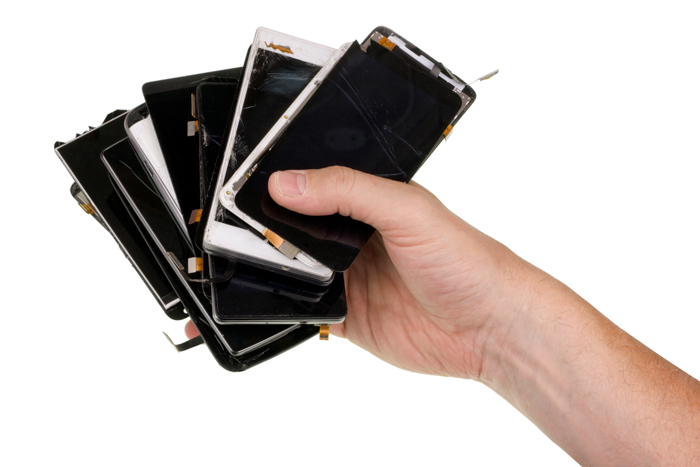
Mobile Muster is an industry-backed initiative that operates drop-off points at supermarkets, phone stores and some councils, where you can deposit phones and accessories for sustainable disposal.
You can also mail your old phone in for free using a prepaid satchel, which you can get via Mobile Muster’s website, or from an Australia Post or JB Hi-Fi outlet. Some new phones come with the satchel included.
Got a TV, computer or laptop you want to get rid of? The National Television and Computer Recycling Scheme (NTCRS) organises drop-off points for these items and their accessories, making sure they’re recycled for free.
Officeworks and other retailers participate, along with TechCollect and eCycle Solutions.
You can also search for recycling services on Recycling Near You, or check with your local council to see if they can pick up and recycle larger electronics.
3. Whitegoods
Whitegoods, such as fridges, washers, dryers and dishwashers, are prime candidates for recycling, considering they’re packed with finite resources and take up lots of space in landfill.
Proper disposal is essential for older fridges and freezers, which can leak dangerous gases if they’re not dismantled or recycled appropriately.
If you’re replacing your old whitegoods with something new, the retailer may take your old model away for recycling.
You can also employ the services of a commercial recycler (for a fee) or organise a council pickup, but be aware that some councils may send unwanted whitegoods to landfill instead of recycling them.
4. Mattresses
Mattresses are another item that can cause havoc in landfill, taking up almost a cubic metre of space on average and taking over 100 years to decompose.
Like whitegoods, they also contain useful components that don’t deserve to be put to bed prematurely.
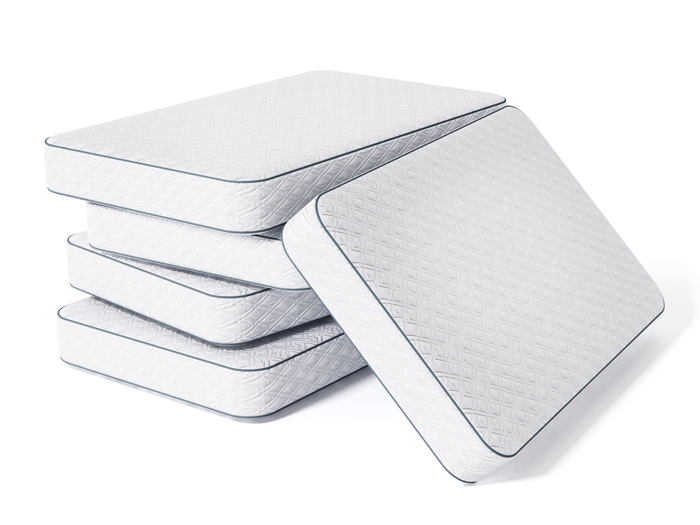
Soft Landing is a not-for-profit that works to make sure this doesn’t happen. Operating across parts of NSW, Victoria, WA and the ACT, they take in mattresses via pickups and drop-offs and from some councils who collect them from residents.
They then deconstruct each mattress, selling on the components for use in carpet manufacturing and construction.
If Soft Landing doesn’t operate in your area, see if your council recycles mattresses or if any local reuse services in your area do, by checking Planet Ark’s mattress directory.
You can also check with the manufacturer or retailer you bought your mattress from to see if they will take it back for recycling, or if another local mattress shop can do this for you.
Snooze, for example, invites anyone not serviced by a council pickup to contact their nearest store for recycling options.
5. Polystyrene
Polystyrene or Styrofoam (a common brand of polystyrene) has long been a popular packaging material due to its light weight and shock absorbing qualities.
However, its plastic foundation, brittle nature and the ease with which wind can carry it out of landfill (where it also takes up lots of space and many years to break down) has given it a reputation as an unwieldy ecological villain.
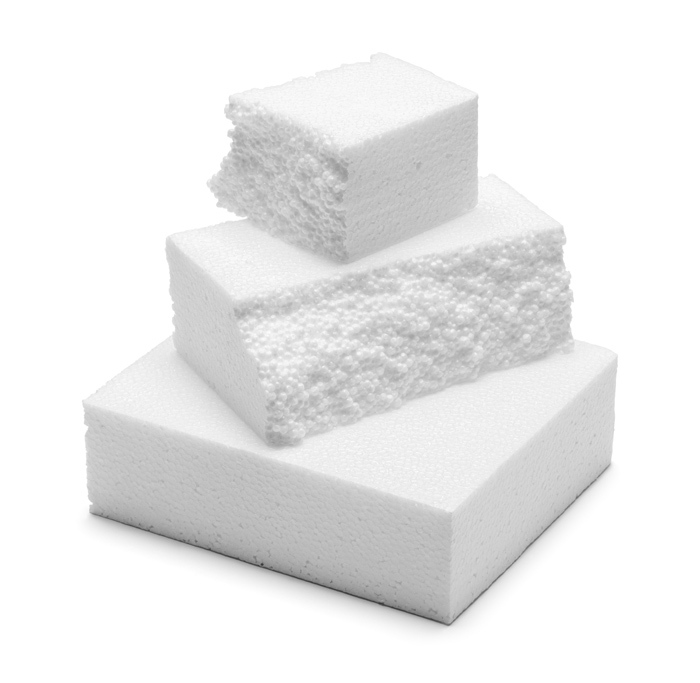
This isn’t helped by the fact that it takes up lots of space, but doesn’t weigh very much, making it difficult to transport and recycle in a cost-effective way.
But some organisations are giving it a go, usually by melting the material into solid bricks that can then be turned into other plastic products.
To see if your polystyrene can be recycled, start by going to Planet Ark’s Recycling Near You and filtering by “Polystyrene”. This should reveal any local services that recycle polystyrene, but be aware that some are commercial services that cost money.
Local councils in multiple states also operate free polystyrene recycling programs via community waste drop-off locations, so search your local authority’s website or contact them to see if they’re one of them.
Local councils in multiple states also operate free polystyrene recycling programs
It’s worth also checking what forms of polystyrene they take – they all generally accept the large foam blocks that come with packaging, but some won’t take the trays that come with packaged foods or drink containers.
In all cases, you should make sure any polystyrene you take in for recycling is white, in rigid pieces (rather than loose packaging or bean bag beads), clean, dry and doesn’t have anything stuck to it.
And, if none of these services are operating in your area, you should put your polystyrene in your general rubbish bin and never kerbside recycling.
How do I know if it’s polystyrene?
Polystyrene can sometimes be confused with other foam materials that come with packaging, such as low density polyethylene.
Check if you’re holding polystyrene by looking for the code “6 PS” printed or stamped onto the material.
Can I still recycle soft plastics?
The REDcycle soft plastics recycling program was suspended in November 2022, after 11 years of operation.
Under this program, people could deposit soft plastics (like plastic bags or other plastic materials that you can scrunch in your hand) at collection points outside major supermarkets.
To fill the gap left by the suspension of the program, some councils are now accepting soft plastics for recycling, so check if your local council is offering this service.
Coles, Woolworths and Aldi have also announced they’re working together to launch their own soft plastics recycling scheme
Some councils have also partnered with Recycle Smart and are offering free pickups of soft plastics and other difficult-to-recycle items, such as e-waste, for sustainable disposal, but these are so far limited to metro Sydney.
In other areas, including Melbourne, the company runs a paid service.
Coles, Woolworths and Aldi have also announced they’re working together to launch their own soft plastics recycling scheme, which they say could begin appearing in select stores by the end of this year.
Things you might think you can recycle, but can’t
Some items can cause more harm than good if you try and recycle them.
Dirty food containers
Too much food, liquid or grease can contaminate recyclables and prevent them from being turned into higher-quality materials down the track.
Plastic or cardboard can’t be turned into new materials when there’s food stuck to it. For items like jars or plastic containers with minimal food remains, wiping or washing them should be enough to make them recyclable.
Small amounts of household glass
Broken fragments of household glass, such as from drinkware or windows, can’t accompany jars or bottles in the household recycling, as they don’t melt at the same temperature as these items and therefore cause havoc in the repurposing process.
There are commercial services that recycle household and architectural glass, but they tend to work in amounts larger than what you’re going to be left with after one small broken window or wine glass.
Therefore, it’s best to wrap up broken glass and crockery in several layers of newspaper and put it in the general rubbish.
Biodegradable or compostable plastics
Keep plastic products marketed as being biodegradable or compostable out of your recycling bin, as they can disrupt efforts to repurpose general plastics.
What’s more, these materials may not actually break down sufficiently when put in household organic bins.
Unless the label says the product is Home Compostable (meaning it should break down in a home compost bin), it’s best to put these items in general waste.

